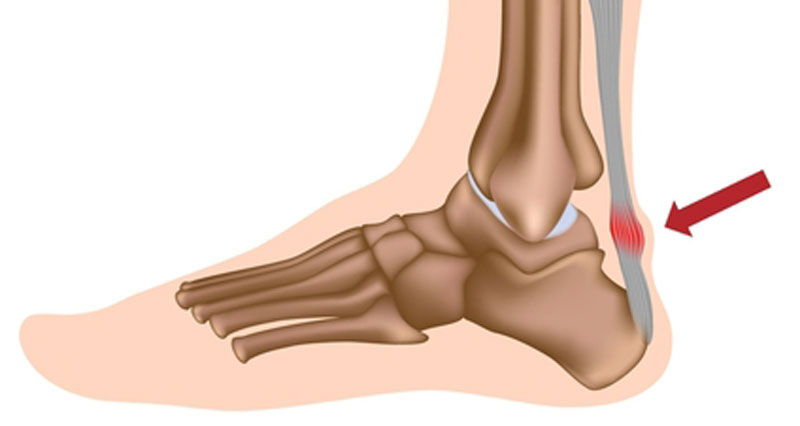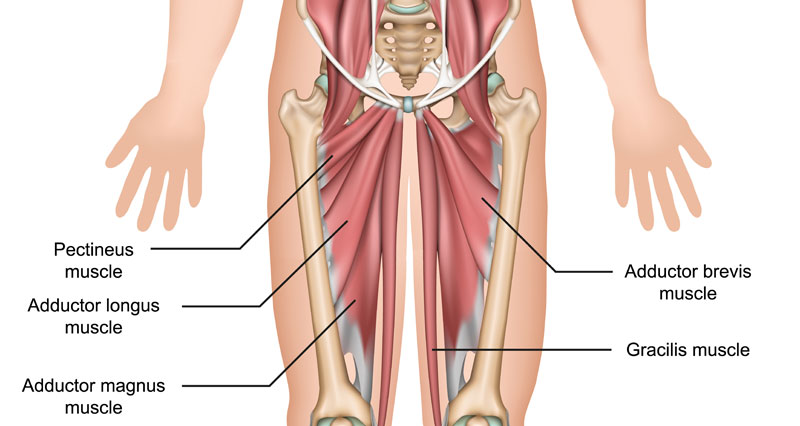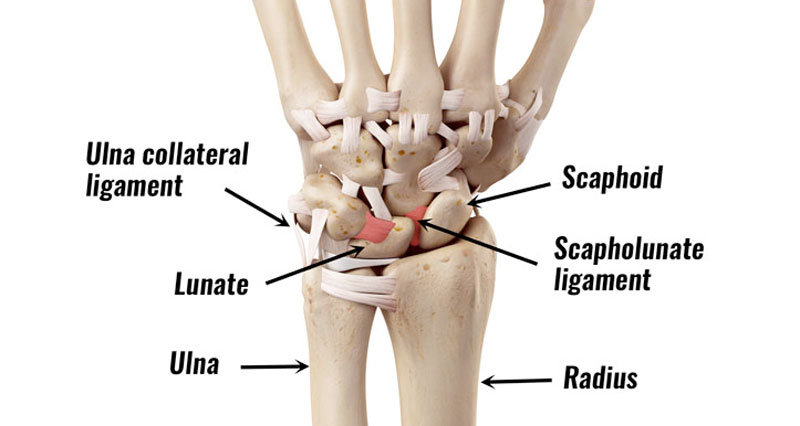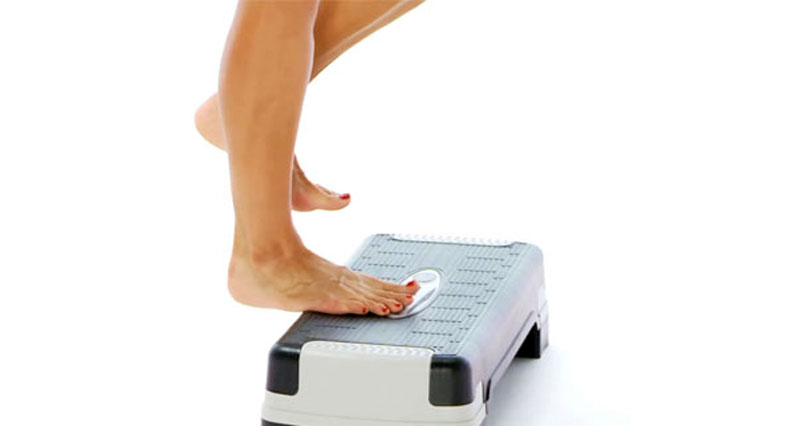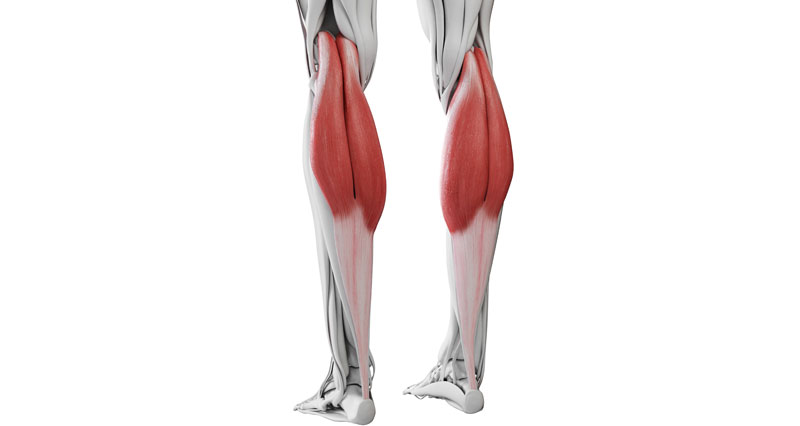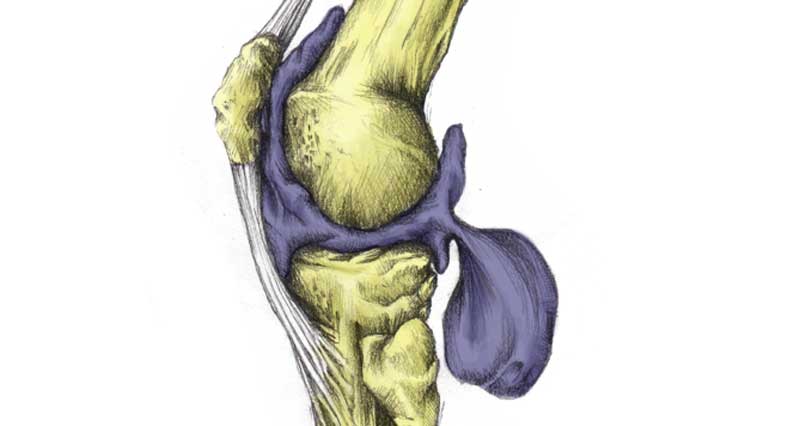Attention Deficit Hyperactivity Disorder (ADHD) is a common condition that affects children, making it difficult for them to focus, manage impulses, and stay still. These challenges often lead parents and caregivers to seek complementary strategies to support their child’s growth and well-being. Alongside medication, therapy, and behavioural approaches, many wonder if physical activity, especially sports, can play a role. The good news is: Yes! Sports can be a powerful tool, offering numerous benefits to help children with ADHD thrive.
The Benefits of Sports for Kids with ADHD
Improved Focus and Attention
Children with ADHD often struggle with paying attention to tasks, impacting their performance at school, home, and in social settings. Sports provide structured environments where they can channel their focus on a single activity. For instance, playing basketball requires players to follow rules, stay attentive to teammates, and maintain engagement throughout the game. This helps children practice sustained focus, a skill that can carry over to other areas of life, such as schoolwork or daily routines.
Boosting Self-Esteem
ADHD can sometimes leave children feeling frustrated or discouraged, especially if they face challenges in academics or social interactions. Participating in sports allows kids to experience success, develop new skills, and achieve personal milestones, all of which build self-confidence. Whether it’s scoring a goal in soccer or improving their swimming technique, these tangible accomplishments can significantly boost a child’s self-esteem. Positive feedback from teammates and coaches further reinforces their sense of worth.
Learning Social Skills
Children with ADHD often encounter difficulties in social settings. Sports create opportunities for them to build friendships and practice social skills in a positive, structured environment. Team sports, such as soccer or basketball, teach kids how to communicate, cooperate, and work towards shared goals. These experiences foster teamwork, respect, and strategies for resolving conflicts, skills that benefit children in and out of sports.
Regulating Energy and Impulsivity
Hyperactivity is a hallmark symptom of ADHD, and many children have excess energy that can be hard to manage. Sports offer a productive outlet for this energy through running, jumping, and other physical activities. These movements help children feel calmer and more focused afterward. Additionally, regular exercise has been shown to improve sleep—another area often disrupted in kids with ADHD—leading to better emotional regulation and concentration during the day.
Enhancing Physical Health
Sports provide the same physical health benefits to children with ADHD as they do for any child: stronger muscles, better cardiovascular fitness, and improved coordination. For children with ADHD, who may struggle with self-regulation in areas like diet or activity levels, these benefits can be especially important. Improved physical health can also reduce the risk of issues like obesity, which can sometimes be a concern for kids with ADHD.
Tips for Choosing the Right Sport
Not all sports are the same, and choosing the right one for a child with ADHD depends on their personality, interests, and needs. Here are a few tips to help you decide:
Look for Structure and Routine
Children with ADHD often do well in activities that provide consistency and structure. Sports like gymnastics, martial arts, or swimming, which involve set routines and repetitive movements, can help them develop focus and discipline.
Try Team Sports for Social Interaction
Team sports, such as soccer, basketball, and baseball, offer great opportunities for children to work with others. They can help kids practice patience, cooperation, and communication while building friendships. The sense of belonging that comes from being part of a team can also be incredibly motivating for children with ADHD.
Consider Individual Sports for Self-Discipline
If group settings feel overwhelming, individual sports like tennis, swimming, or track and field might be a better option. These activities allow children to focus on personal goals and progress, while still offering structure and the benefits of physical exercise.
Encourage Shorter, High-Intensity Sports
Children with ADHD often excel in sports that involve short bursts of energy and frequent breaks. Activities like soccer, volleyball, or tennis provide these quick-action moments, keeping kids engaged and excited while helping them practice impulse control during gameplay.
Make Fun the Priority
Most importantly, ensure that the sport aligns with your child’s interests and is enjoyable for them. Kids with ADHD may lose motivation if they feel pressured to perform or compete. Whether it’s an active sport like cycling or a fun activity like rock climbing, the focus should be on having fun and building positive experiences.
Overcoming Challenges
While sports can offer tremendous benefits, children with ADHD may encounter some difficulties. Here are common challenges and strategies to address them:
- Difficulty Following Instructions:
Kids might struggle to keep up with complex instructions during practice or games. Coaches can help by breaking tasks into simple, clear steps and using visual cues or demonstrations to reinforce learning. - Short Attention Spans:
Long practices or games can be tough for children with ADHD. Sports with shorter activities or breaks can help maintain their interest and focus. - Impulsivity and Waiting Turns:
Children may act impulsively or find it difficult to wait their turn. Coaches can set clear expectations, use positive reinforcement, and create structured routines to manage behavior effectively.
Parents can also communicate with coaches to ensure they understand their child’s needs and can tailor their approach to support success.
Conclusion
Incorporating sports into the life of a child with ADHD is not just beneficial—it can be transformative. Through physical activity, structured environments, and social interaction, sports provide children with ADHD opportunities to thrive beyond the classroom. By selecting the right sport, prioritizing fun, and addressing challenges with patience, parents can help their children gain focus, confidence, and improved self-regulation.
Every child is unique, and sports should be a means of fostering growth, not just achieving milestones. With the right support and encouragement, children with ADHD can find joy, connection, and success through sports.

